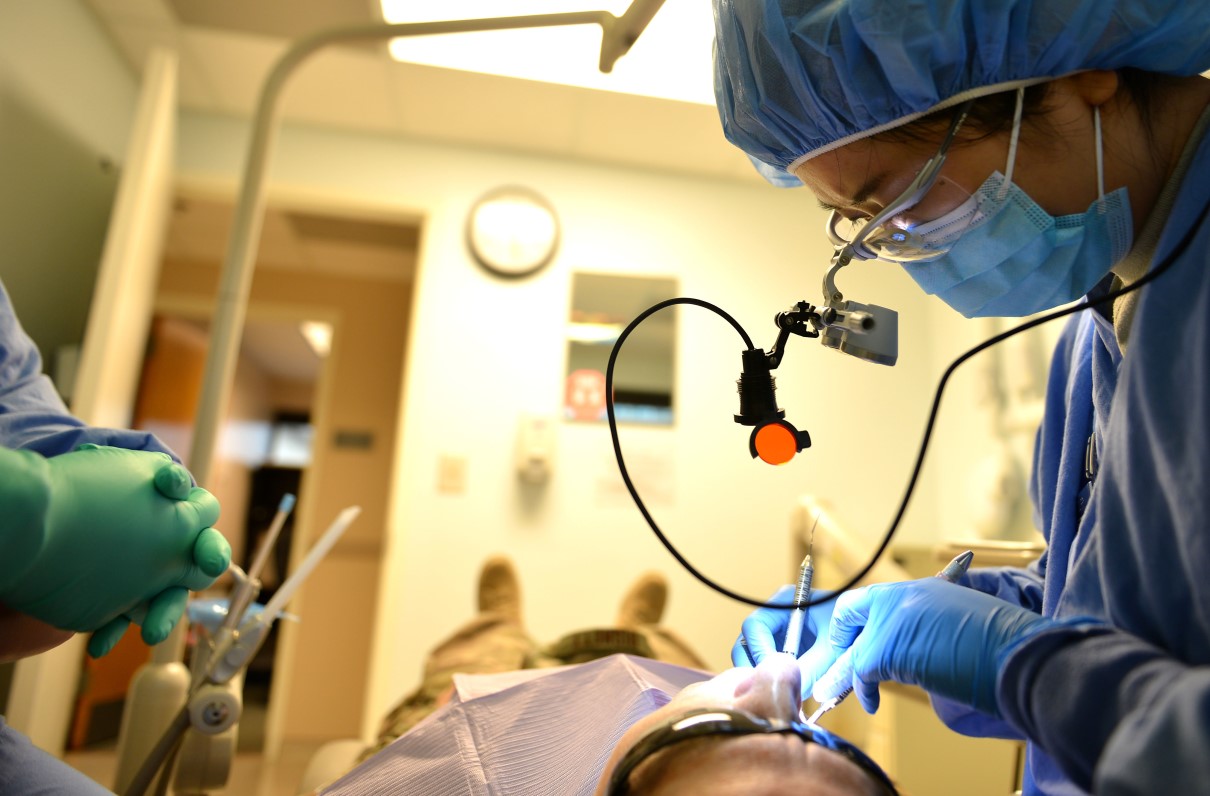Editor’s note: This article by Jim Absher originally appeared on Military.com, a leading source of news for the military and veteran community. For more information about dental benefits for military retirees and survivors via the Federal Employees Dental and Vision Insurance Program (FEDVIP), click here.
Effective May 2021, the premiums for Tricare Dental are increasing slightly. These increases should be reflected in your May pay. The rate increases are different for each premium group, with monthly increases ranging from $0.05 to $0.47, depending on the sponsor's military service status and the number of family members being insured through the program.
Active Duty
For active duty families, there are two levels of coverage. The active duty member is not included in the rates, so single coverage is either just a spouse or one child. The family rates are for a spouse and any number of children, or more than one child without a spouse.
- Single: $11.65 monthly premium in 2021, up from $11.60 in 2020.
- Family: $30.28 monthly premium in 2021, up from $30.15 in 2020.
Drilling National Guard and Reserve
For non-activated National Guard, selected reserve (what most people consider "the reserves") and mobilization Individual Ready Reserve (IRR), there are four levels of coverage.
- Sponsor only covers the military service member.
- Single coverage does not cover the service member, but covers one family member: either a spouse or a child.
- Family coverage includes the spouse and/or all children, but does not include the service member.
- Sponsor and family include the military member and their spouse and/or all children.
Tricare Dental monthly premiums for drilling Guard/Reserve:
- Sponsor: $11.65 in 2021, up from $11.60 in 2020.
- Single: $29.12 in 2021, up from $28.99 in 2020.
- Family: $75.71 in 2021, up from $75.37 in 2020.
- Sponsor Plus Family: $87.36 in 2021, up from $86.97 in 2020.
Non-Mobilization IRR
For non-mobilization IRR, there are also four levels of coverage.
- Sponsor only covers the service member.
- Single coverage does not cover the military member, but covers one family member: either a spouse or a child.
- Family coverage includes the spouse and/or all children, but does not include the service member.
- Sponsor and family includes both the military member and their spouse and/or all children.
Non-Mobilized IRR monthly TRICARE Dental premiums:
- Sponsor Only: $29.12 in 2021, up from $28.99 in 2020.
- Single: $29.12 in 2021, up from $28.99 in 2020.
- Family: $75.71 in 2021, up from $75.37 in 2020.
- Sponsor Plus Family: $104.83 in 2021, up from $104.36 in 2020.
Tricare Dental coverage beneficiaries who do not pay via military payroll payment need to ensure that their payment amounts are adjusted to the new rate. If payments are not paid on time, you may be disenrolled from the Tricare Dental program. Once disenrolled, you are ineligible to re-enroll for 12 months.
[RELATED AT MILITARY.COM: 2021 TRICARE Dental Plan Costs]
In addition to monthly premiums, Tricare Dental coverage has cost-shares for many services, ranging from 0% to 50%. There are also annual maximum payment limits of $1,300 per year per person for regular services, and $1,200 per year per person for services related to accidents. There is a $1,750 lifetime maximum per person for orthodontic benefits.
For most families and situations, Tricare Dental coverage is a wise choice. However, some individuals might find it more cost-effective to "self-insure" for dental expenses, particularly National Guard and reservists and retirees. The cost-benefit analysis for each individual situation needs to include the family size, genetic dental disposition, personal dental habits and general dental health. There's no one right answer for every family.
Have More Questions About Your Health Care Benefit?
MOAA's TRICARE Guide answers some commonly asked questions.
